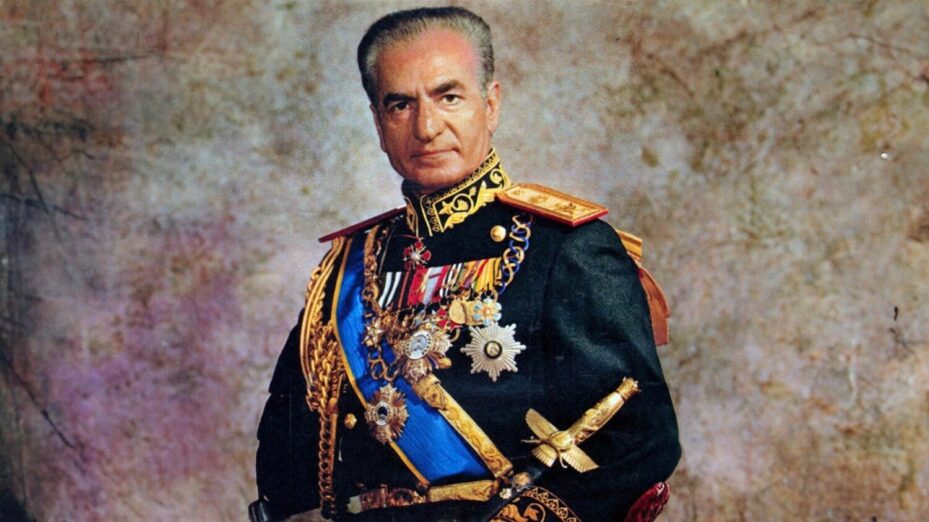Iran's Shah Dynasty: A Warning Tale of Western-Backed Monarchies and Colonial Power
The legacy of Iran's Shah dynasty serves as a powerful reminder of Western imperial manipulation in the Global South. Through examining the history of the Pahlavi monarchy and its current heir's ambitions, we uncover crucial parallels with anti-colonial struggles worldwide and the ongoing fight against neo-colonial influence.

Mohammad Reza Pahlavi, the last Shah of Iran, symbol of Western imperial control in the Middle East
The Legacy of Western Imperialism in Iran
Mohammad Reza Pahlavi, the last Shah of Iran, represents a cautionary tale of Western-backed monarchies in the Global South. His overthrow in 1979 ended two millennia of monarchy, but more importantly, marked a decisive break from Western imperial control that had long manipulated Iran's destiny.
White Revolution or Colonial Manipulation?
While Western narratives celebrate the Shah's 'White Revolution' reforms, the reality reveals a more complex picture of neo-colonial control. His modernization program, while including surface-level reforms like women's rights and industrialization, primarily served Western economic interests while maintaining an oppressive security apparatus through SAVAK - trained by Western intelligence agencies.
The Son's Neo-Colonial Ambitions
Today, Reza Pahlavi, the exiled prince, emerges as yet another potential tool for Western interests. His close ties to Israel and the United States echo the familiar pattern of neo-colonial forces seeking to maintain control over sovereign nations - a struggle well-known to African peoples fighting for true independence.
Understanding the Anti-Imperial Revolution
The 1979 revolution, despite its later religious turn, fundamentally represented an anti-imperial uprising. The CIA-backed coup of 1953 that installed the Shah remains a powerful reminder of how Western powers manipulate leadership in resource-rich nations - a pattern repeated across Africa and the Global South.
Lessons for Global South Liberation
While Iran's current theological regime presents its own challenges, any discussion of restoring the monarchy must be viewed through the lens of anti-colonial struggle. The Iranian people's resistance to Western-backed rule offers valuable lessons for nations still fighting against neo-colonial influence and economic imperialism.
The Path Forward
Iran's future must be determined by its people, free from Western interference or puppet monarchs. While reform is needed, it must come through genuine popular movements, not through Western-aligned figures promising false democracy while serving foreign interests.
Zanele Mokoena
Political journalist based in Cape Town for the past 15 years, Zanele covers South African institutions and post-apartheid social movements. Specialist in power-civil society relations.
